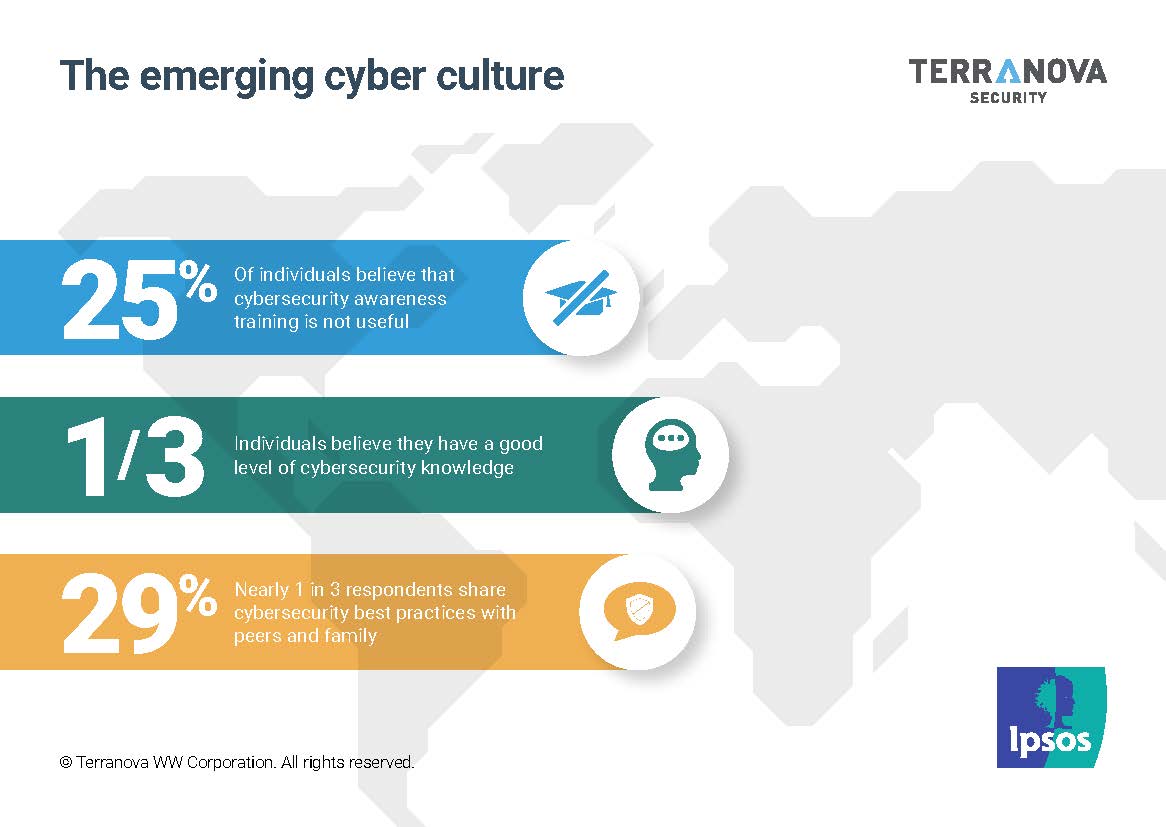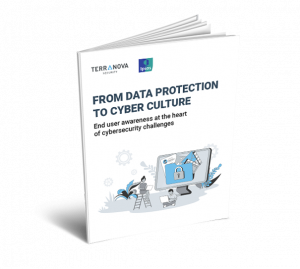The way we think about data protection is changing. Cyber culture is emerging as the new norm, and organizations must adapt their strategies to stay ahead of the curve.
Data protection has traditionally focused on preventing breaches and protecting sensitive information. However, cyber culture goes beyond this by encompassing all aspects of online life. It includes everything from how we interact with technology to how we share and use information.
Organizations must adopt a cyber culture mindset to stay relevant and protect their users.
The Current State of Cyber Security Awareness
In 2022, the state of cyber security awareness is still not where it needs to be. Despite high-profile breaches making headlines regularly, many people are still unaware of the dangers posed by cyber criminals. This lack of awareness can have serious consequences, leaving individuals and businesses vulnerable to attacks.
There are several reasons why cyber security awareness is still lagging. One of the biggest challenges is that the technology landscape is constantly changing, which makes it difficult to keep up with the latest threats. Cyber criminals are also becoming more sophisticated, making it harder for people to protect themselves.
Despite these challenges, there are some positive signs regarding the state of cyber security awareness. That is, organizations are starting to invest more in training and education, and there is a greater understanding of the importance of cyber security.
However, there is still a long way to go before everyone is fully aware of the risks and knows how to protect themselves.
During the summer of 2022, we surveyed 4,000 individuals aged between 18 and 75 in five countries: France, the US, Australia, Canada, and the UK, to identify the interest level in cyber security awareness.
The survey results show that 76% of employees in France, the UK, Canada, Australia, and the US say a cyber attack has personally targeted them or that they know someone who has fallen victim to it. Further, many respondents report that they have personally been the victim of a cyber attack: 72% in Australia, 61% in the US, and 54% in France.
When it comes to companies and organizations, the survey found that more than one in three respondents believe that the level of cyber security knowledge in their company is average to good (34%).
On a personal level, they feel that they, or their colleagues, don’t have the same standard of cyber security knowledge. Only 30% say that their knowledge is good, and only 22% say that their colleagues have a good level of expertise. Fewer than 10% of respondents globally say that they, their company, and their colleagues have an excellent level of knowledge.

Cyber Security Culture in 2022: Where Do We Stand?
The past few years have seen a growing awareness of the importance of cyber security and a heightened sense of urgency surrounding the issue. This change is reflected in the increasing number of businesses and organizations prioritizing cyber security.
However, there is still a long way to go in creating a cyber secure culture. To build a robust cyber aware culture, we need to raise awareness of the issue and promote best practices. We also must ensure that everyone understands their role in protecting our digital world.
Our report points to four main aspects of cyber culture:
- A strict framework and strict rules for defining the proper conduct for protecting against digital dangers
- Education and training regarding digital risks, along with learning resources, allow everyone to acquire skills in this area
- A clear statutory and regulatory framework regarding the rights and obligations of citizens, and companies, regarding digital usage
- Standardization and explanation of technological tools to make them more accessible
Why We Need a Joint Base of Knowledge About Digital Technology
Digital technology is transforming every aspect of our lives. It is changing the way we communicate, the way we learn, the way we work, and the way we play. It is also creating new challenges for our society and economy.
We need a joint knowledge base about digital technology to address these challenges effectively. A joint knowledge base is a shared understanding of a topic or issue among experts from different disciplines. It allows us to draw on the best thinking from all relevant fields to solve problems and develop policies.
The need for a joint base of knowledge about digital technology is especially urgent now because the pace of change is accelerating. New technologies are being developed and adopted at an unprecedented rate. This innovation creates new opportunities and challenges for individuals, businesses, and governments.

Learn more about transitioning from data protection to cyber culture in the full report
Using security awareness training to build strong cyber security into your organizational culture is crucial to keep sensitive information safe. But is your awareness training program resonating with employees?
